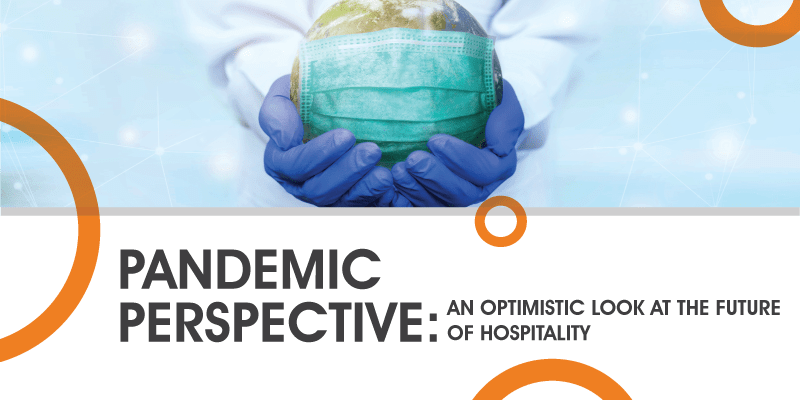The year of the COVID-19 pandemic will go down in history as one of the biggest economic disruptions humanity has ever faced. Billions of dollars vanished as the virus brought operations in all industries to a halt. One of the worst-hit was tourism and hospitality. It seemed like recovery was impossible. But is it?
The pandemic has certainly changed the industry forever. But this isn’t always bad. Players – both big and small – are looking at putting contingency measures in place in the event of a future economic disaster. An increasing number are considering business interruption insurance for situations like a pandemic, which is a low probability but highly disruptive event. Investing in this ensures that staff are looked after even in the face of temporary closures.
New employees in the hospitality industry can also expect better workplace policies for staff, particularly in larger, more established hotels. These help create more positive work environments, and importantly more hygienic spaces all around. Companies such as Hilton and Accor took the pandemic opportunity to show they care for their staff, offering temporary jobs, covering health benefits or social security. Many companies decided on a salary cut at every level to help reduce the brunt on lower-level employees, and this is all great news for the future of the industry as it sets a precedent in the event of a potential disaster.
Smaller, more boutique experiences are springing up. Sources from luxury hotel group Aman suggest that clients are looking at private dining opportunities, private villas and other spaces away from the crowds. There is expected to be a higher interest in local communities as people travel with purpose – to give back to those affected by the pandemic and whose lives were dependent on visitors.
There will be a focus on locally produced food, a search for hotels and businesses with their own organic gardens or closely associated with sustainable farming. This is excellent news for start-ups or reorganised ventures to focus their direction on what potential clients will be looking for over the next few years.
The local population will play a big role in the hospitality industry over the coming months. With limited opportunity or drive to travel across the seas, they are looking at exploring their own backyards. We aren’t even talking about people exploring the next state, but taking the chance to discover their own. These require comparatively smaller budgets overall, but allow for higher expenses on shorter-term experiences. The key here will be offering private, ‘secret’ getaways perhaps amid nature, or an aspirational experience.
Focusing on local populations also ensures long-term loyalty as they keep returning for unique experiences that they perhaps feel more connected to. Smaller restaurants or pubs that use local ingredients, cloud kitchens that serve traditional home-cooked food, exploratory day trips to the hinterland, bicycle tours and other innovative projects are being welcomed.
As lockdowns ease and vaccination drives succeed, the industry is expected to see more reunion-style get-togethers. After being apart for so many months, families, friends, colleagues will look at getting out and celebrating – from meals to parties and even staycations.
And for the benefit of the environment and the industry, sustainable tourism is looking up. Customers are looking at healthier, cleaner and greener options, having connected the pandemic to the need for more sustainable solutions. All of this is extremely reassuring for an industry that has lost so much yet supports so many communities.







Very interesting idea